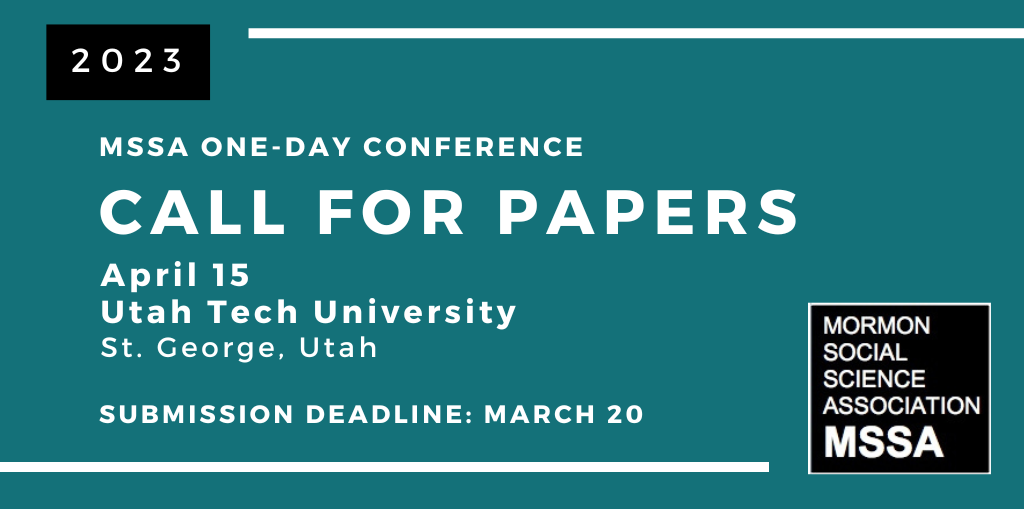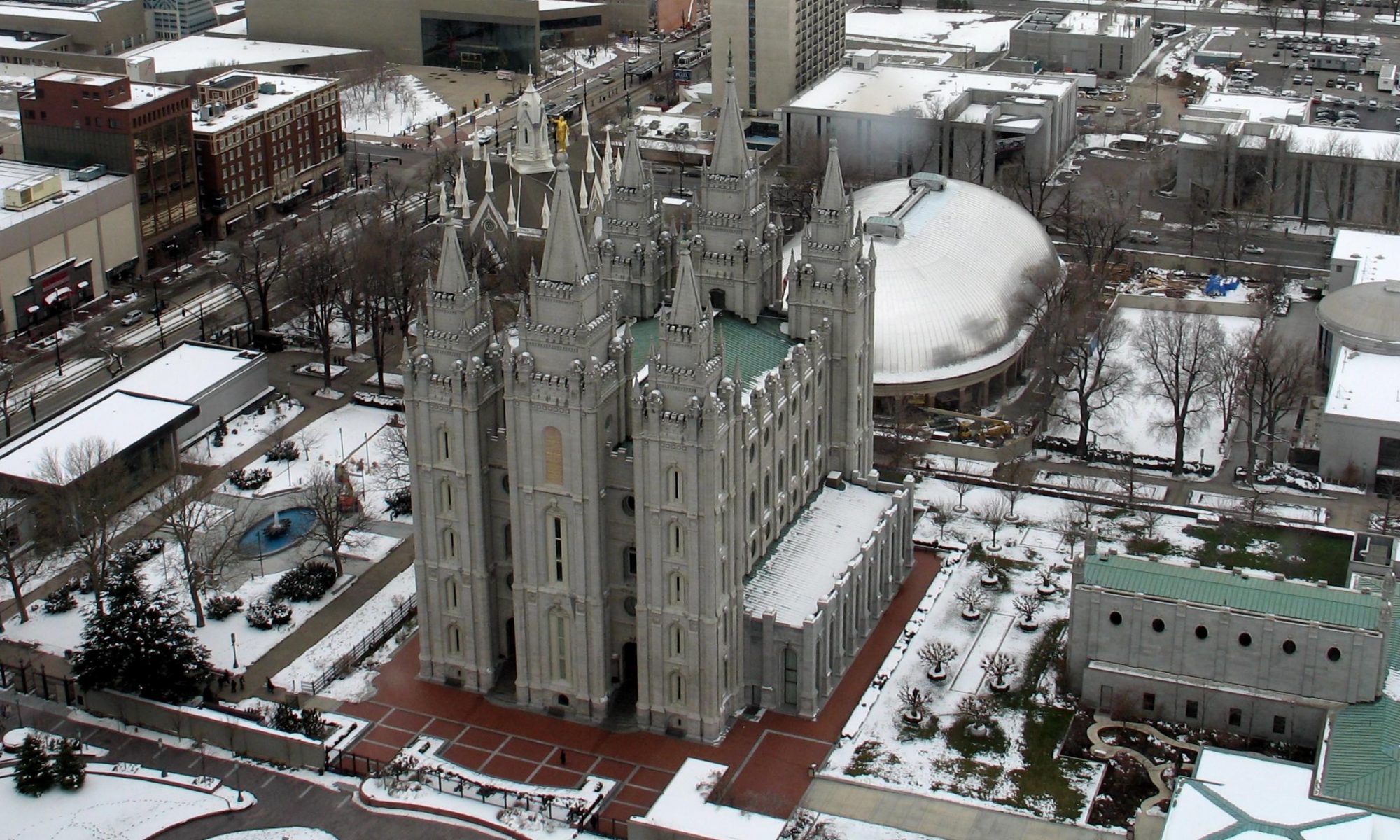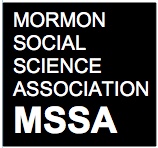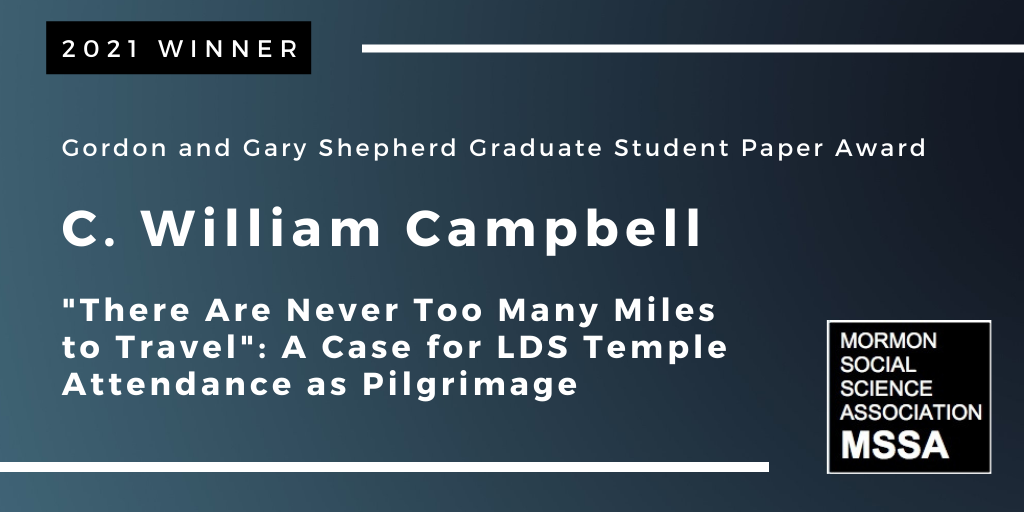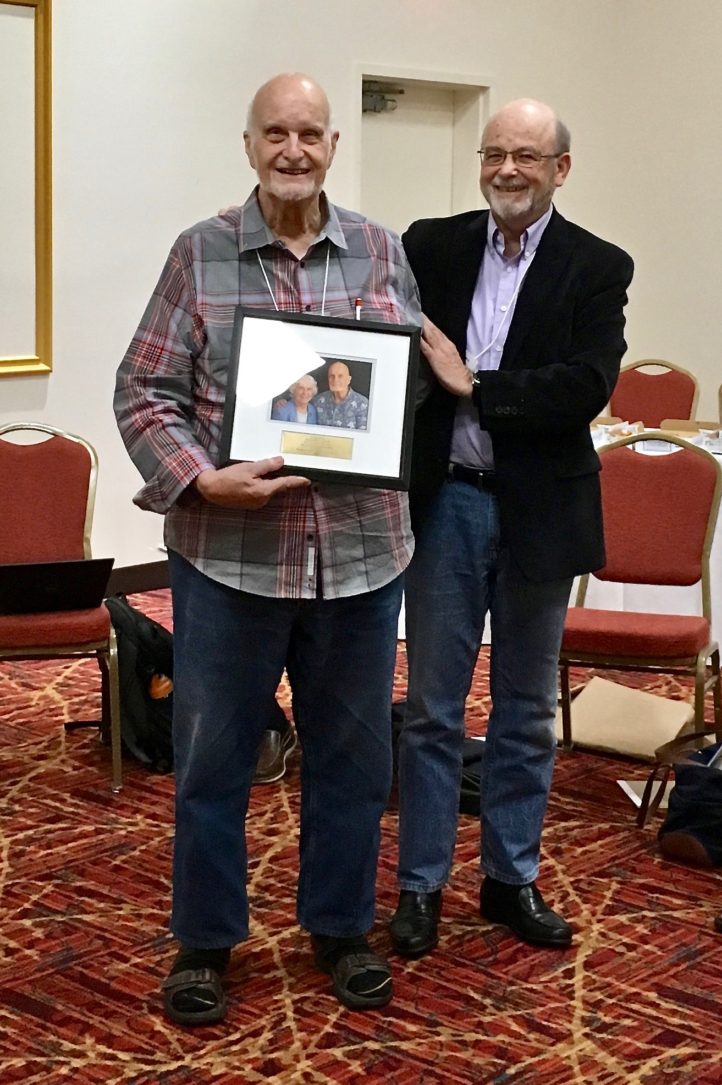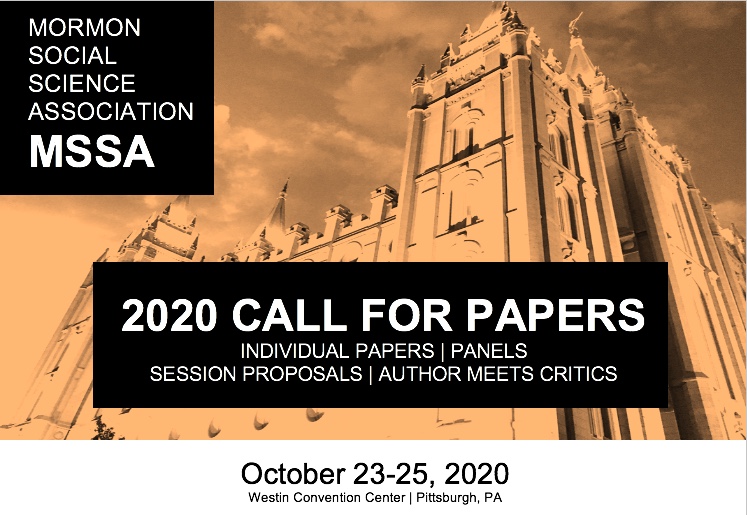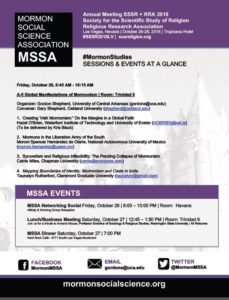Q: Do you have any insight on how often a spouse leaving the church leads directly to divorce? I am most interested in the statistic for divorce attributed primarily to the spouse changing their beliefs and controlled for other behaviors that are independent of simply no longer believing or participating.
A: Arland Thornton provided a citation that had a statistic on this. He found the statistic in a post by Bob McCue:
“And what of my relationship with my wife and children? My wife and I were on the brink of divorce because she could not respect and love me as I am now in the fashion she did the priesthood leader I used to be. I could feel a loss of intimacy – an emptiness and sorrow where her love for me used to be. Something had died between us. Thankfully, she now recognizes the legitimacy of my concerns respecting the Church’s influence in our lives and the importance of ensuring that our children are raised with an understanding that religious matters are not clear-cut. The world is full of shades of grey, and the Church is no different. And while she continues to be an active and faithful member, she respects what I have done and supports me. We made it over the precipice with nothing to spare. I recently became aware of an unpublished master’s degree thesis in anthropology at a Canadian university that surveyed LDS returned missionaries who had gone through something similar to what I have, and found an 80% divorce rate. That does not surprise me given my recent experience.”
Unfortunately, Bob McCue did not note what that unpublished Master’s thesis was, so we don’t have a specific reference on this.
I (Ryan Cragun) did a little more sleuthing on this topic as I was wondering if there might be a dataset that could provide some information on this. What I found is far from perfect, but may be helpful to you. The General Social Survey (GSS) asks participants their religious affiliation at the time of the survey (variable = “relig”) and when they were 16 (variable = “relig16”). If respondents indicated “Mormon” as their religion, that gets coded into separate variables (Mormon at present = 64 in the variable “other”; Mormon at 16 = 64 in the variable “oth16”). Combining these two variables, it’s possible to isolate individuals who were Mormon at 16 but have since left the religion (there are 186 such individuals in the combined 1972-2014 GSS data set).
Of those 186 individuals, 46 had never married, which means they were never at a risk of divorcing. Of the remaining 140 who had married, 34 were currently divorced or separated at the time of their participation in the survey, for a divorce/separation percentage of 24%. Compare that to individuals who were Mormon at 16 and still Mormon at the time of the survey: their divorce/separation percentage was 11%. In other words, individuals who left the Mormon Church were more than twice as likely to divorce than did those who stayed.
This is somewhat problematic for several reasons. First, the variable for marital status (“marital”) does not indicate whether the respondents have ever divorced (there is a variable that asks that, but it’s not included in every wave of the survey). So, it is likely that the percentage of respondents indicating they are currently divorced is lower than the percentage who have ever divorced. Second, the GSS does not include a variable indicating when people left a religion or switched their religious affiliation. As a result, we can’t say that those who left the religion did so when they were married. Third, we don’t know what the cause of divorce or separation was. The higher rate of divorce among those who left the LDS Church could be due to a number of other factors and not exclusively the result of them having left the LDS Church.
Taking all of the above into account, data from the General Social Survey suggest that about 1 in 4 people who were Mormon at 16 but have since left the religion have divorced or separated from their spouse, versus about 1 in 10 who remained Mormon.
In the interest of looking just a little further into this, I also examined whether marital satisfaction was higher among Mormons married to Mormons (variable in the GSS is “spoth”) versus Mormons married to non-Mormons. Turns out, marital satisfaction is significantly and substantially higher among Mormons married to other Mormons. Of the 315 Mormons who were married to other Mormons, 71% said their marriage was very happy, 28% said it was pretty happy, just 1.6% said it was not too happy. Of the 69 Mormons married to non-Mormons, 54% said their marriage was very happy, 36% said it was pretty happy, and 10% said it was not too happy. Admittedly, these numbers are rather small, but they are sufficient to find that the differences in marital satisfaction are statistically significant (Chi-Square = 17.169, p < .001). Again, these numbers are not a direct answer to the question since it isn’t clear whether those who are married to non-Mormons are married to people who used to be Mormon or someone who never was Mormon. Even so, they do indicate that Mormons who are not married to other Mormons have substantially lower marital satisfaction than do Mormons who are married to Mormons, which would likely increase the odds of divorce and separation.
Overall, it does not appear as though there is a readily available citation to answer your question. However, evidence does seem to suggest that the odds of divorce increase when one member of a couple leaves the LDS Church.
